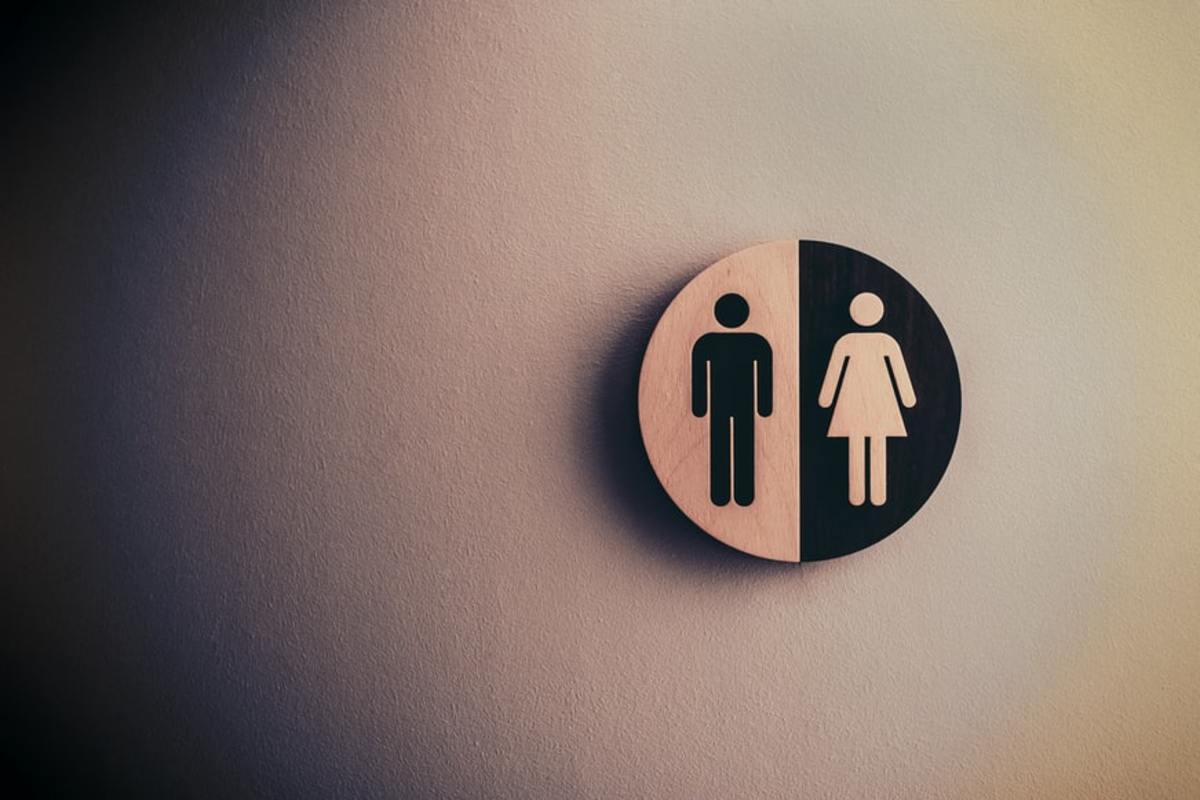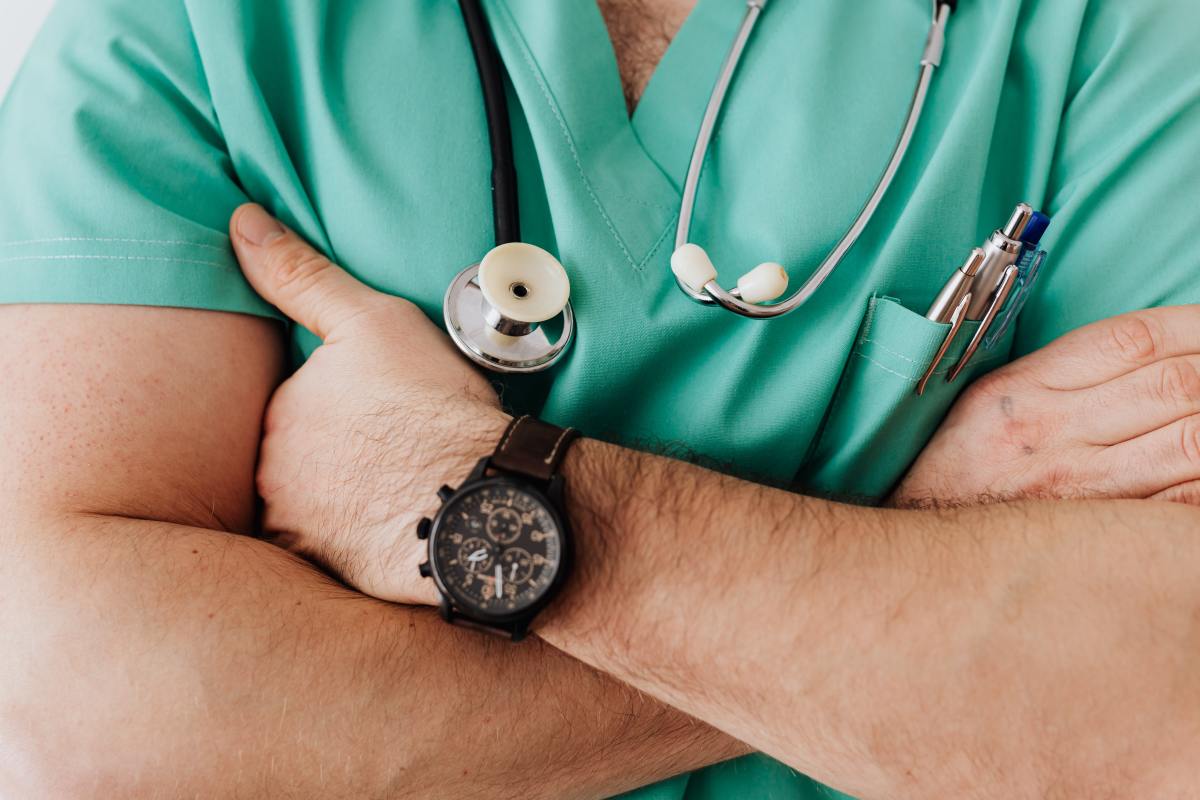Is Healthcare A Right Or A Privilege From A Public Health Standpoint?

Introduction
The notion that all men are created equal and must be treated as such is not a subject of much debate. But the same philosophy which is the basis of any argument regarding healthcare being a right or privilege has been debated upon time and again.
If healthcare is to be provided without any financial bias it would hint at the socialisation of healthcare which would be funded and provided by the state to all its citizens. It can be argued that the right to health is related to the right to life which should be ensured by most of the democratically elected governments. We do not intend to develop a health system which makes few people rich and a lot of people have to suffer to make that happen.
It is definitely inhuman and insensitive to deny the benefits of current medical knowledge to those who need it the most. But we live in a world which is far from perfect. In a developing country like India the desire to provide health care as a basic human right is curtailed by the paucity of resources and a poor infrastructure both of which create a wide gap between the supply and demand.So health care has be rationed like any other commodity which is scarce thereby making it a privilege for those who can afford it.

The Concept Of Social Pathology
Do diseases have a social pathology?
Yes they have.
It is the very basis of public health programmes and preventive medicine. It may be more obvious in diseases like tuberculosis or rickets and less in other diseases like cancer and diabetes.
Social pathology will have a social aetiology and a social therapy which forms the basis of social medicine. The goal of social medicine is to achieve a basic standard of health and hygiene culture in modern society. A detailed review of the intricate relationship between social and pathological factors and a critical interpretation of these is still missing from medical literature. At the beginning of this century the pioneer of the concept of social pathology Alfred Grotjahan made such an attempt in his book on social pathology in 1911. Social medicine is not to be confused with socialized or state controlled medicine.
So it is a fact that social factors like employment, education, income and race are important deciding factors in determining an individuals ability to gain access to healthcare. Occupational status affects the insurance status which will therefore affect the health status. Low socio economic status is a cause of poor health. So despite of being a known fact that there will be a variation in an individuals ability to gain healthcare access due to multiple factors; poverty education and employment being the major ones, any intervention to assist them to gain such access be considered a privilege and not a right will be equivalent to denying healthcare benefits to those who need it the most.
So in a ideal case scenario healthcare should be a right rather than being a privilege. A lot has already been said about the rationing of healthcare by political activists, politicians and other public figures. In the developing countries the basic needs like food, shelter and clean drinking water remain privileges to those who can pay so it would be naive to assume that healthcare could be a fundamental right provided and protected by the constitution. Healthcare unlike food and water may not be required on a daily basis. It is a service industry and at best there could be government programmes to assist people in having better accessibility to health care.
References
Healthcare access as a right, not a privilege: a construct of Western thought
Authors: Thomas J Papadimos
Publication date ( Electronic ): 28 March 2007
Journal: Philosophy, Ethics, and Humanities in Medicine
Publisher: BioMed Central
Social Pathology as a Medical Science.
(2013). American Journal of Public Health, 103(12), 2200–2201.
Excerpted from: George Wolff, “Social Pathology as a Medical Science,” American Journal of Public Health 42, no. 12 (1952): 1576–1582








